People who practice calligraphy should not always think about the word "calligraphy", because it will give people a sense of inscrutable law and art, which will distinguish calligraphy practice from daily writing. When practicing calligraphy, you pay attention to the rules and regulations, and when you write other words, you start to follow your own whims. This is a taboo in calligraphy practice.
I personally summarized several cognitions, one is muscle memory, and the other is spirituality (creativity?).
1. What is muscle memory?
Muscle memory, as the name suggests, basketball players will know that shooting is a kind of muscle memory. Sometimes there is no need to aim, because I have practiced shooting from this position for a long time. I remember when I was taking notes in high school, I would copy the teacher while he was writing on the blackboard. Sometimes I don't need to look at my notebook when copying, and I won't rewrite words crookedly. I will still write them in a straight line. This is muscle memory that comes from long-term practice. As for the rules in calligraphy, for single characters, to follow them is more about your muscles, instead of reminding yourself every time you write, what to do with the left and right structures, and what to do with the three points of water. . . . These questions need to be answered by your muscles, not your brain. For example, the curved hook of the word "heart", the echo of the three points of water, and the proportion of each part of the word "无", these things will become something that can be written casually after long-term practice. These things need to be paid attention to, but how to pay attention to them? When you start practicing calligraphy, you need to pay attention and follow it the first time you write. After repeated reinforcement, as long as your hands are still there and your brain is gone, there will be no problem.
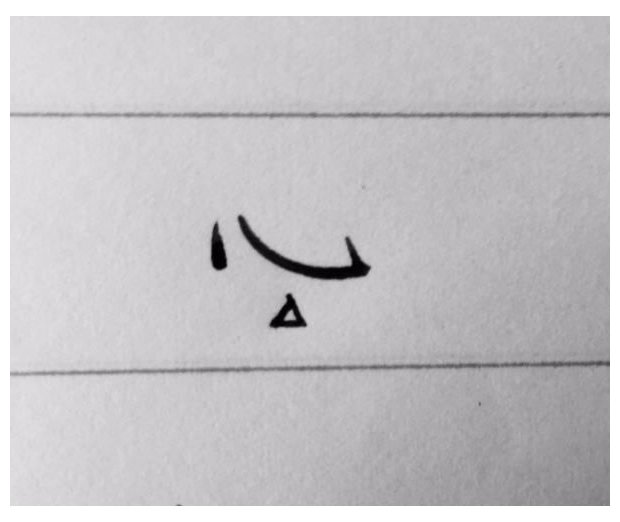
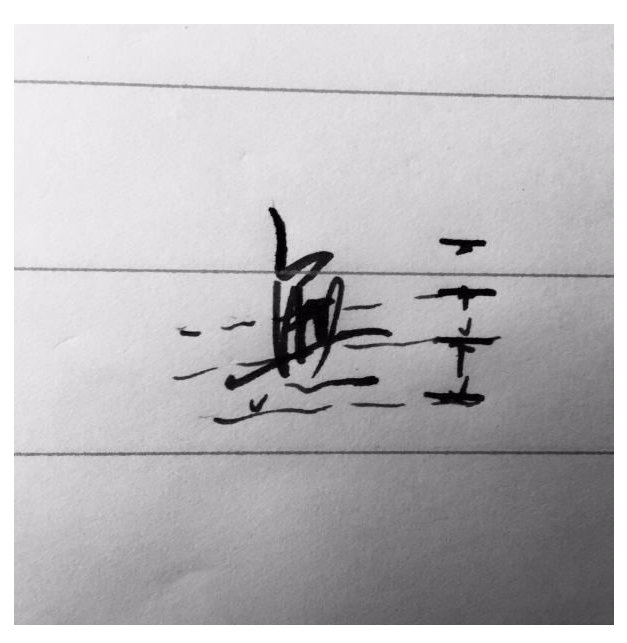
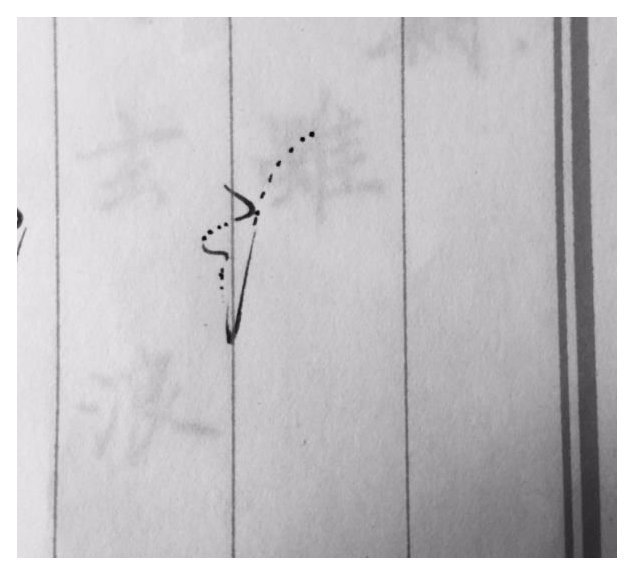
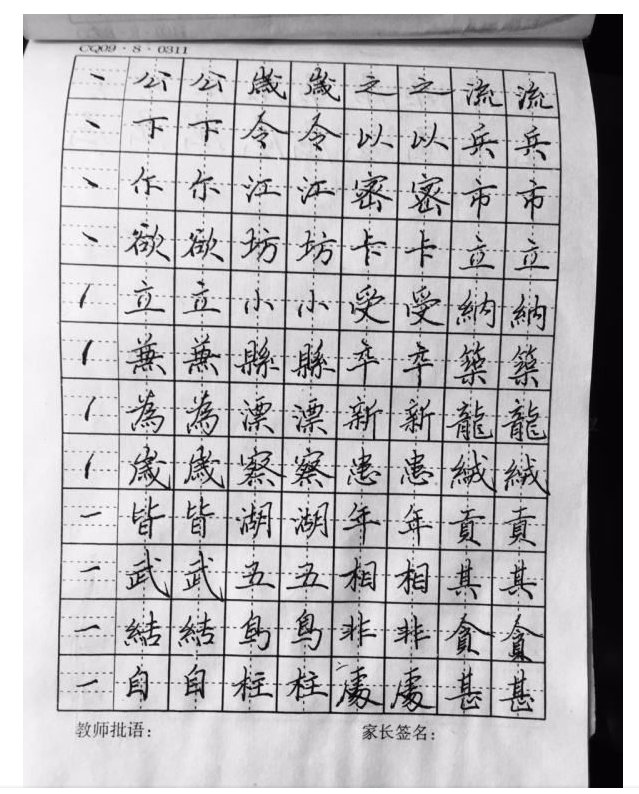
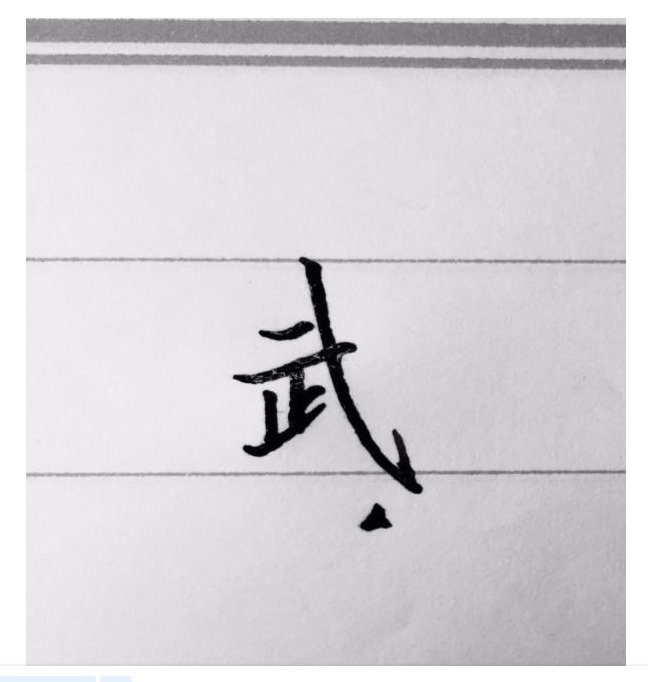
2. What is spirituality?
Spirituality, as the name suggests, must have "spirit" in it, rather than calligraphy practice indifferently.
Calligraphy is actually a process that reflects people's inner feelings. Children cannot write about that kind of sinewy demeanor because they have too little experience and have seen too little. If you have not experienced the taste of life, how can you write Chinese characters full of stories? And this directly led me to insist on practicing calligraphy until now————Because I also want to see if the changes my calligraphy has experienced over time are similar to the changes in some inner thoughts. ————The results are really consistent.
So, for those of you who already have a certain foundation in calligraphy practice, when writing, please use your pen with emotion. Maybe every word you write is a story. The words that are wide open and closed may be experiencing a surge of enthusiasm, while the words that are rigorous and dignified may be walking steadily on their own path - the so-called words are like the person they are.
After introducing my two feelings, let me answer some questions that everyone wants to know.
How to choose a post?
This is a question that everyone is paying close attention to. Regarding copybooks, many high-quality answers have already been answered. For example, the "Ling Fei Sutra" recommended by everyone is very good. In fact, I have been learning from the high-quality answers in it. My personal recommendation is Tian Yingzhang's hard-pen calligraphy. You can search for some books, such as some of his structural exercises, etc. (earlier books are better). If you want to make your daily writing look good, then there is no problem. If you plan to practice further, then it is essential to take a look at or even practice calligraphy with calligraphy. After all, the current development of fountain pens is still not as good as the writing brushes that have been accumulated through the past dynasties, so reading the post will definitely gain something. When I was a child, I mainly practiced calligraphy by Tian Yingzhang. Later, I practiced calligraphy by about 6-8 different people, such as Yang Weiguo of Hui Gongge, Sima Yan, Jin Xiaoping, Wu Yusheng and others. The most recommended one here is by Tian Yingzhang. Of course, anyone’s words here are enough for you to enjoy endlessly. This is just a personal recommendation.
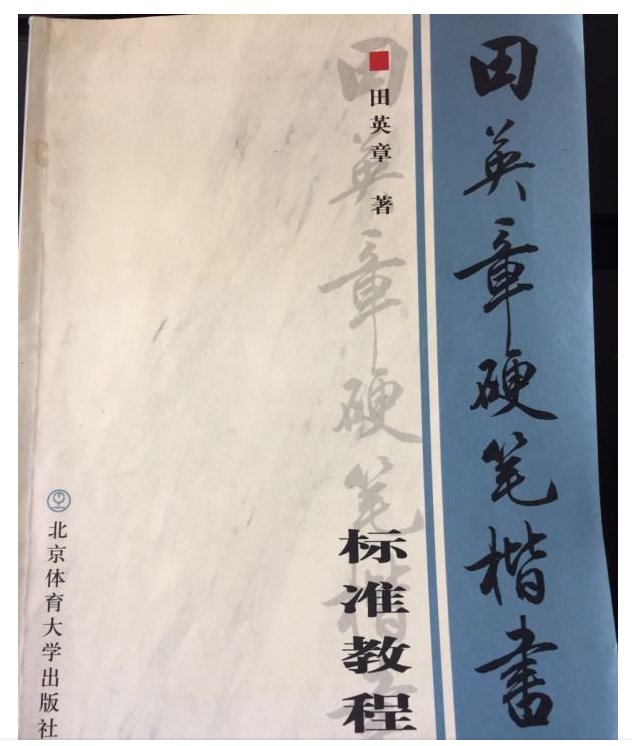
This article is published by 15 Calligraphy Practice Network. Please indicate when reprinting: https://www.seowhy15.com/a/400.html








